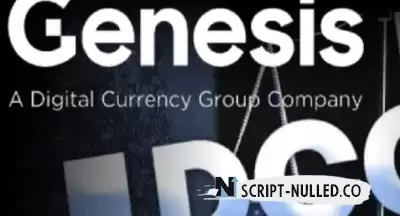The shortcomings of the bankruptcy plan of the digital division of Genesis Global are revealed
Unfortunately, I cannot view the image or access the content provided through the HTML tags in your request. However, based on the text content provided by you, the formatted version of the information text on the material is shown below:
—
Digital Currency Group (DCG), which is the parent company for the crypto lender Genesis Global Capital, has expressed disagreement with the proposed bankruptcy plan of its subsidiary. At the center of the dispute is the amount of compensation payments, which, according to DCG, should not exceed the legal requirements of the participants in the events.
The main claim of the Digital Currency Group is that Genesis Global Capital should not pay customers and creditors amounts in excess of the value of crypto assets, which was fixed at the time of filing for bankruptcy in January 2023. The Genesis subsidiary is considering the possibility of paying "additional compensation" based on rising prices for frozen crypto assets. However, DCG's legal representatives claim that this approach violates the principles laid down in the U.S. bankruptcy law.
The situation is complicated by previous events, when Genesis management announced the settlement of a civil lawsuit filed by the U.S. Securities and Exchange Commission (SEC). An agreement was reached to pay a fine of $21 million. This decision may affect the overall context of the litigation and compensation plans for creditors.
At the moment, the Digital Currency Group is faced with the task of finding a solution that will meet not only the interests of the subsidiary, but also ensure compliance with legal norms and fair conditions for all participants in the process. The further development of the situation will depend on the dialogue between DCG, Genesis and the constituent bodies, including creditors and regulatory institutions.
—
Please note that for a more accurate interpretation and provision of up-to-date information, I will need text access to the contents of the draft, not HTML tags or images.

 Spain
Spain
 Portugal
Portugal





